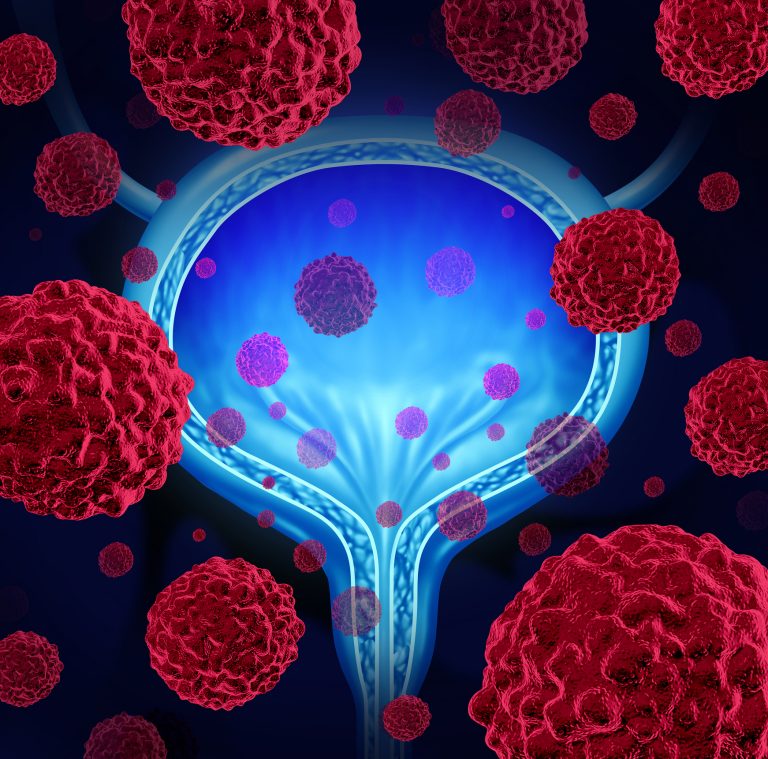
Researchers based at Mount Sinai have identified gene signatures that indicate whether or not someone with metastatic urothelial cancer of the bladder will respond to treatment with immune checkpoint inhibitors or not.
As well as identifying genotypes associated with sensitivity and resistance to this therapy, the team also found that a specific type of white blood cell known as myeloid phagocytic cells help promote cancer-related inflammation.
Although the advent of PD-1 and PD-L1 immune checkpoint inhibitors has revolutionized treatment for many cancers, only around 20-25% of those with bladder cancer respond to this treatment.
Finding ways to predict who is likely to respond or be resistant to immunotherapy is important to ensure patients get the best treatment as quickly as possible to maximize their chances of recovery.
Matthew Galsky, M.D., a professor at the Icahn School of Medicine at Mount Sinai, and colleagues used bulk RNA sequencing data from two clinical trials and single cell RNA sequencing data collected from bladder tumors to try and better predict which bladder cancer patients will respond to checkpoint inhibitors.
“We identified a subset of genes and immune cells associated with adaptive immunity and improved checkpoint inhibitor outcomes, and a subset associated with pro-tumorigenic inflammation and resistance to PD-1/PD-L1 blockade in patients with urothelial cancer,” says Galsky.
As reported in the journal Clinical Cancer Research, the researchers discovered two gene signatures linked to shorter survival. One consisting of 437 genes linked to inflammation and the innate immune response and another ‘stromal’ signature consisting of 287 genes associated with the epithelial-to-mesenchymal transition and the extracellular matrix. They also discovered a gene signature linked to longer overall survival consisting of 483 genes, many of which are involved in the adaptive immune response.
When Galsky and team corrected for various confounding factors, the stromal pro-cancer signature was no longer significantly associated with shorter survival. However, the pro-tumorigenic inflammatory signature was and the adaptive immune response signature remained linked to longer survival.
A ratio of these two positive and negative gene signatures –called the 2IR score – accurately predicted clinical outcomes and was validated by the team.
The single cell analysis of the tumor samples revealed myeloid phagocytic cells were linked to worse outcomes if they had a poor 2IR gene signature ratio and were more likely to have higher levels of proinflammatory biomarkers and less expression of immune system triggering antigen presentation genes.
“These findings enabled us to identify potential biomarkers in patients who are less likely to respond favorably to immune checkpoint inhibitors, as well as new combination therapeutic approaches that might overcome such resistance in those patients,” says Galsky.
“If the tumor microenvironment is weighted more toward adaptive immunity, there’s a better chance of positive outcomes from immunotherapy. On the other hand, if the tumor microenvironment is leaning toward pro-tumorigenic inflammation, then PD-1/PD-L1 checkpoint inhibitors alone are unlikely to be successful, and new combination approaches may be needed.”











